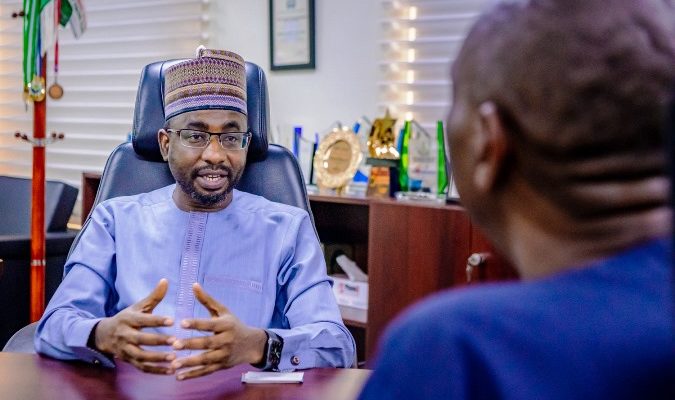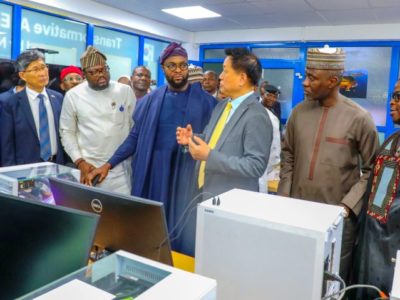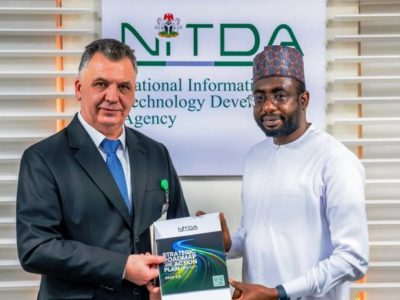Without government’s continuous regulations or interventions, technology could erode rather than improve democracy, the Director General/CEO, National Information Technology Development Agency (NITDA), Kachifu Inuwa Abdullahi told IT Edge News in Abuja recently during an exclusive interactive session – Watch out for the full interview.
“[There has to be a focus on] protecting democracy, because today the CEOs of these big techs are more powerful than sovereign nations and democracy, if you look at the republican ideology (not the US Republican Party) but republican idea traced back to the Greek, it means opposing a situation where a group of people can control and exercise unaccountable power over others. Today, we have this big tech controlling and exercising unaccountable power over everyone and we think the technology is helping us increase democracy but actually it is eroding democracy,” said Abdullahi.
RELATED: Kachifu Inuwa Abdullahi and the theme of disruptions at NITDA
Adding: “Looking at what happened in 2016 before the US election and other things; society is concerned about what kind of laws we need to have in place to make sure technology is not abused or used to dominate others.”
According to him, technology has impacted society in such a way that it would be risky to allow technology leaders affect people’s lives without any sense of accountability.
“The future is co-creating regulation for several digital spaces and enabling environment. About 20 years ago when we started this journey into the digital world, people were saying it is an ungoverned space without government. But now, it is beyond that. Technology is something that changes the way we live and the way we relate with each other and even our environment. Anything with this kind of monumental impact neither should not be left at the hands of few people to control it. The future is about regulating the digital space so that it will help us increase competition,” the NITDA boss said.
He warmed of the dangers of allowing few, powerful tech-leaders to dominate and control societal economic with political space in a way that is anti-democratic.
“If we look at the digital world, it is about dominance: the big companies dominate everything. If they see you, they either acquire you or crush and smash you, how can we enhance accountability? We are asking them to be transparent and accountable for what they do. The kind of data big tech companies have, there is no sovereign nation in this world that has that kind of data, and you know with that kind of information you can easily manipulate and control people. You can decide what they see, what they read, what you want them to believe,” Abdullahi added.
Part of the mandates of regulatory agencies like NITDA is to focus on using technology to reform governance.
It is government’s business to utilise technology to best of results in the delivery of its commitments to the citizens as well as in the protection or safeguarding of citizen’s rights, Abdullahi stressed.
His words: “We are talking about digitalizing government services, we are talking about paperless government, so we need to have the regulatory instrument in place that will help us to achieve that. The fourth one is safeguarding privacy, how can we use technology to safe guard our privacy? How do we share data? What do you do with the information you collect from individuals and so on?”

































